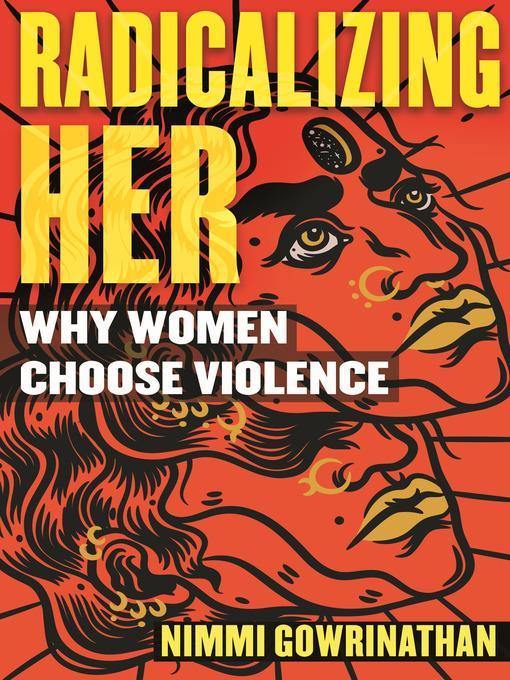
Radicalizing Her
Why Women Choose Violence
کتاب های مرتبط
- اطلاعات
- نقد و بررسی
- دیدگاه کاربران
نقد و بررسی

January 18, 2021
Gowrinathan, a journalist and director of the Politics of Sexual Violence Initiative at the City College of New York, debuts with a nuanced and deeply reported look at female guerilla fighters and what motivates them to take up arms. Though often portrayed as an “anomaly,” female fighters “make up nearly 30 percent of militant movements worldwide,” Gowrinathan writes. Raw, in-depth interviews with members of the Tamil Tigers in Sri Lanka, FARC in Colombia, and other resistance movements reveal that violence is both a “political reality” and “the only option to access power” for Gowrinathan’s subjects, who have legitimate rage against their oppressors and are passionately committed to saving their communities. Gowrinathan also critiques Western progressives who expect victimized women to “wear trauma as an identity card” in order to incite public outrage, and finds fault with NGO programs that attempt to rehabilitate ex-fighters by teaching them traditionally feminine skills, such as embroidery, rather than providing the legal help they need. Blending academic research, reflections on her own family’s connection to the Tamil separatist movement, and the harrowing yet often empowering stories of women who choose to fight, Gowrinathan casts a thorny subject in a revealing new light.

February 15, 2021
An intimate dive into the lives of female freedom fighters in the Global South, correcting long-standing American misconceptions of women, violence, and politics. As the director of the Politics of Sexual Violence Initiative at the City College of New York, Gowrinathan is perfectly equipped to tackle this significant yet overlooked subject, and she forces readers to reckon with the erasure of freedom fighters as political actors. Interspersed with her own family's history with resistance in Sri Lanka, the author uses a combination of sociological critique, philosophical texts, political theory, and interviews she conducted over the span of 20 years to provide a new understanding of gender and power. "Violence, for me, and for the women I chronicle in this book, is simply a political reality," she writes. Though the author is astute in her analysis of the complex issues at play, she is candid about her inability to offer concrete solutions. "As a part of a lifelong project that took shape in the image of the female fighter," she writes, "Radicalizing Her is open-ended: offering no recommendations, only an exploration of new landscapes of political possibility." Regardless, this book is a well-informed jumping-off point for any further study. From the heart-wrenching separation of Kala, a Tamil Tiger fighter, and her mother, Latha, who sought refuge in London, to Sandra, the senior commander in Bogot�'s branch of the FARC, the Marxist guerrilla group in Colombia, Gowrinathan examines the roles of rape, marriage, motherhood, and policies to create a necessarily complicated picture of why some women choose violence and some choose nonviolence as their preferred form of resistance. "Our view of the female fighter has been obstructed by both the moral compulsion to decry violent resistance and a societal drive to divide categories of thought along gendered lines," writes the author, and this limited view perpetuates a host of oppressive myths about female fighters, myths that she corrects in this powerful book. A captivating, essential perspective on a neglected conversation.
COPYRIGHT(2021) Kirkus Reviews, ALL RIGHTS RESERVED.

























دیدگاه کاربران